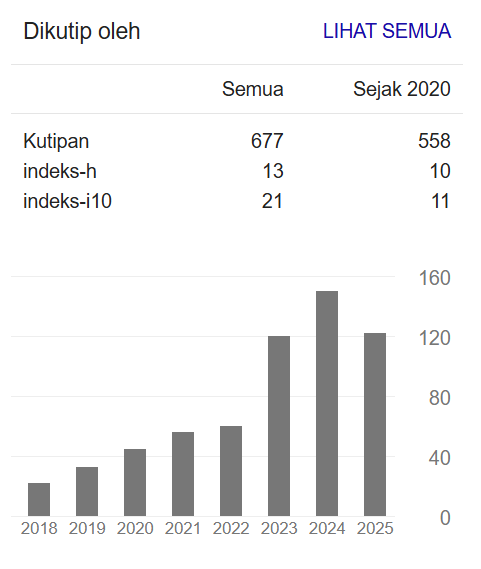DUALISME PEMIKIRAN SUFISTIK IBN TAYMIYYAH
Keywords:
salafi-radicalist, dualism, fiqh al-qulūb, neo-sufism, tasawuf naẓarī-falsafi, anti tasawuf, ḥulūl, ittiḥād, waḥdat al-wujūdAbstract
Ibn Taymiyya, despite being well-kown as a figure of salafi-radicalists which are anti-reformism and oppose tasawuf, in fact is an inspiring figure for some modernist Muslims and is a sufi. How could it be possible for someone who criticizes tasawuf to be a sufi? How should Ibn Taymiyya be placed correctly in this regard? How could his contradictive attitude be explained? These questions will be discussed in paper through a careful study of his works and by investigating his life-experience from a psycho-sufistic perspective. This paper argues that his criticism to certain kind of tasawwuf, i.e., the naẓarī-falsafī, is often based on confusion in understanding terms and departs from different paradigm used by the object of his criticism. Finally this paper shows that the attitude he has, towards the end of his life—in an inwardly situated condition in such a manner so he is far from any discursive activities and totally drowning in the taqarruband having full attention to God and achieving the peak of mystical experience, the annihilation— however contradicts to his early standpoint, is nothing but the continuation and growth of his religious maturity.
Downloads
Downloads
Published
How to Cite
Issue
Section
License
Copyright (c) 2014 Sekolah Tingi Filsafat Islam (STFI) Sadra

This work is licensed under a Creative Commons Attribution-NonCommercial-ShareAlike 4.0 International License.

























